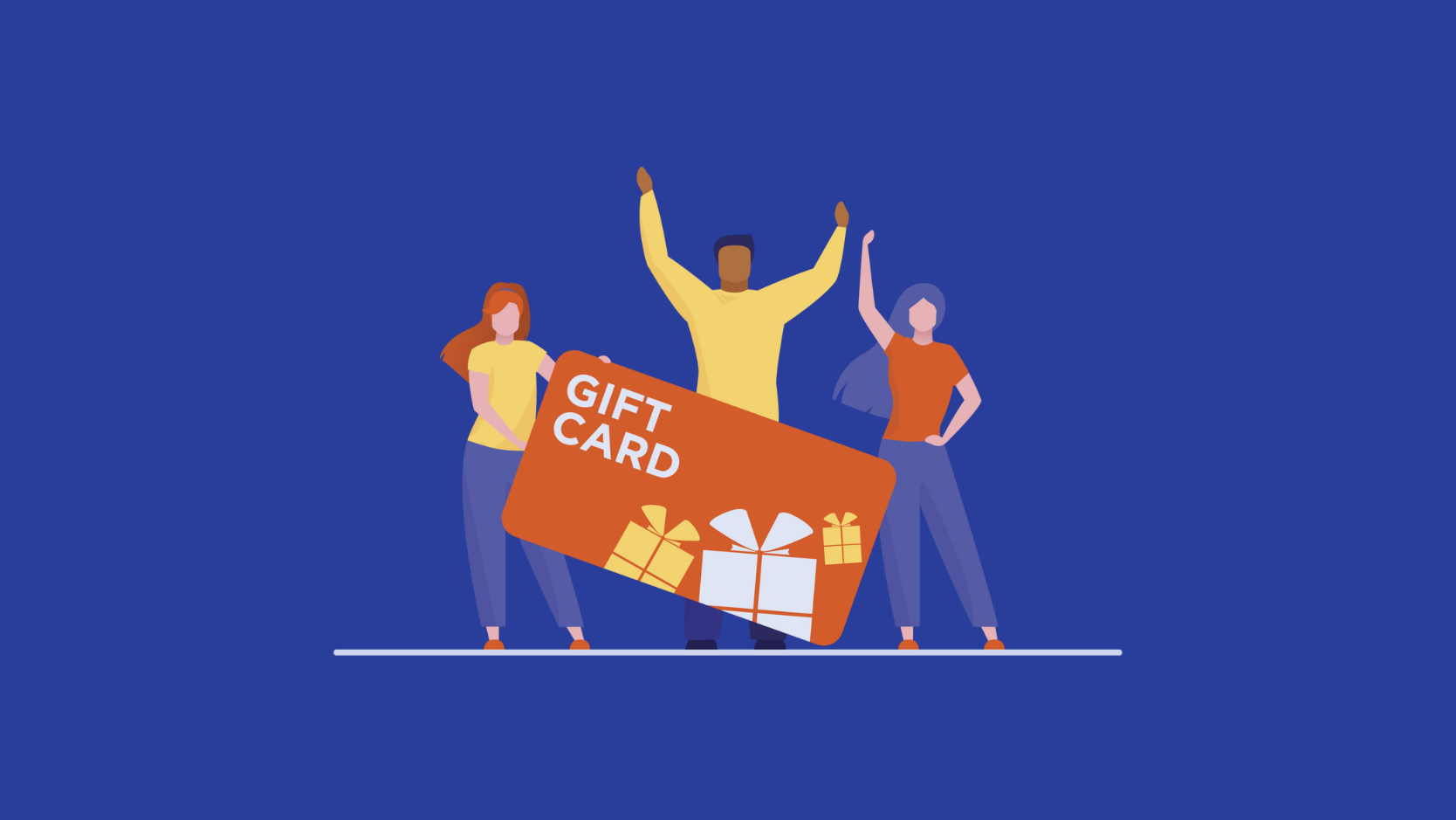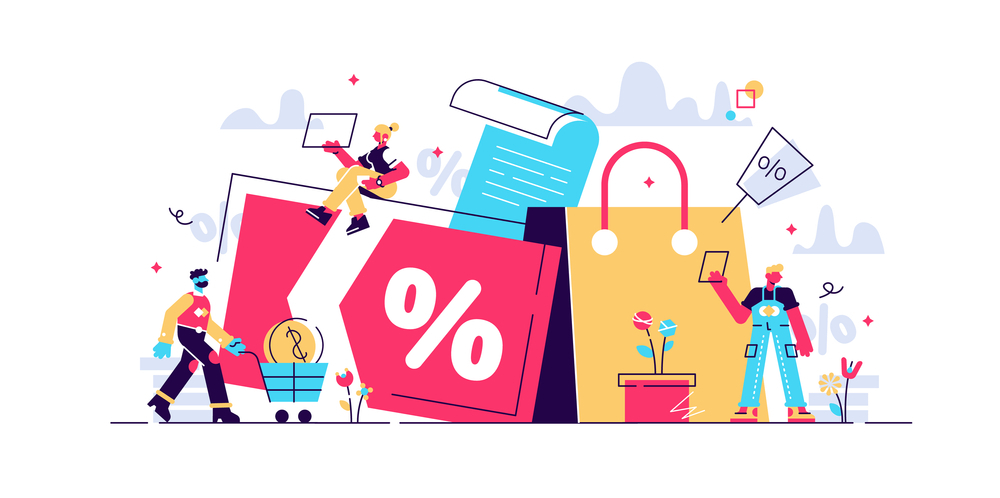
In today’s fiercely competitive business landscape, companies strive to attract and retain customers more than ever before. One popular approach to fostering customer loyalty is through the implementation of loyalty programs. According to research by Queue IT, 65% of a company’s revenue comes from the repeat business of existing customers. Loyalty programs offer various incentives and rewards to encourage repeat purchases and maintain a long-term relationship with customers. .
“The customer loyalty management market is valued at over 5.5 billion U.S. dollars and is expected to surpass $24 billion by the end of 2028.”
While loyalty programs have been widely adopted across industries, there is an ongoing debate about whether they are valuable investments or merely financial liabilities. In this article, we explore the pros and cons of loyalty programs to understand their true impact on businesses.

The Advantages of Loyalty Programs
- Customer Retention: Loyalty programs are an effective tool to keep customers engaged and coming back for more. By offering exclusive rewards, discounts, or personalized experiences, businesses can enhance customer satisfaction, leading to increased loyalty and reduced churn rates. Satisfied customers are more likely to stay loyal to a brand, thereby providing a steady stream of revenue. Over 83% of consumers say belonging to a loyalty program influences their decision to buy again from a brand.
- Increased Customer Lifetime Value (CLV): Loyalty programs encourage customers to make repeat purchases, leading to a higher CLV. When customers feel appreciated and rewarded for their loyalty, they are more inclined to spend more on products or services over an extended period. This results in a positive impact on a company’s bottom line.
- Data and Insights: Loyalty programs can generate valuable customer data and insights. By analyzing customer behavior and preferences, businesses can make informed decisions, tailor marketing strategies, and improve their offerings to better meet customer needs. The data collected can also be used to create personalized marketing campaigns, strengthening the brand-customer relationship.
- Brand Advocacy and Word-of-Mouth Marketing: Satisfied customers are more likely to become brand advocates and share their positive experiences with friends and family. Word-of-mouth marketing is a powerful tool, and loyalty programs can significantly amplify its impact. Positive reviews and recommendations from loyal customers can attract new clientele and boost brand credibility.
The Challenges of Loyalty Programs
- High Implementation and Maintenance Costs: Designing, implementing, and maintaining a loyalty program can be costly, especially for smaller businesses. The financial burden may outweigh the benefits, particularly if the program does not generate the desired customer engagement or fails to retain customers effectively.
- Discount Culture: Loyalty programs that heavily rely on discounts or freebies may unintentionally foster a discount-oriented culture among customers. This can lead to decreased profits as customers may become less willing to pay full price for products or services.
- Lacking Differentiation: In competitive markets, loyalty programs must stand out to make a significant impact. If a loyalty program’s offerings are not unique or fail to differentiate the business from its competitors, customers may not perceive it as a compelling reason to remain loyal.
- Limited Impact on Customer Behavior: Some critics argue that loyalty programs do not fundamentally change customer behavior. Instead of creating genuine loyalty, customers may participate only to take advantage of rewards without developing an emotional connection to the brand.
Taking everything into account
Loyalty programs can be powerful tools for businesses to cultivate customer loyalty, boost retention rates, and enhance profitability. However, their effectiveness depends on several factors, including the industry, the target audience, and the program’s design. When thoughtfully executed, loyalty programs can yield substantial returns on investment through increased customer lifetime value and word-of-mouth marketing. Nevertheless, businesses must carefully weigh the costs and potential drawbacks of such programs to ensure they truly add value to the overall customer experience and contribute to the company’s long-term success. In the end, a well-crafted loyalty program that focuses on building authentic relationships can transform a liability into a valuable investment.If you design and execute your loyalty program extremely methodically, then they can generate huge returns on your investments. Iconic brands such as Amazon, Apple, Starbucks, and many others are famous for their loyalty programs and leverage them as a massive promotional vehicle.
Level up your sales with us by integrating your loyalty programs! Request a free demo with our loyalty expert at https://uworx.co.uk/contact/

